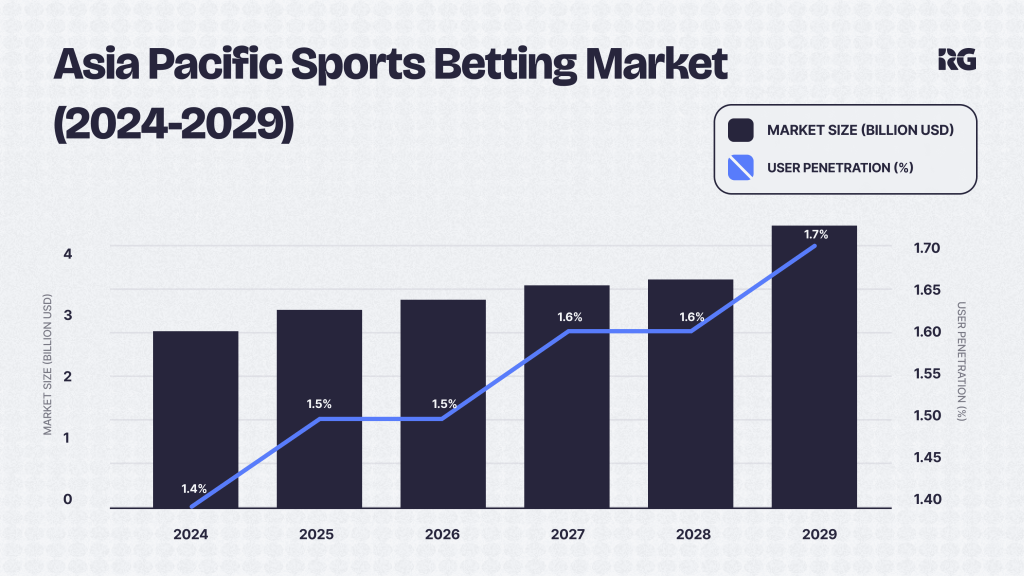When you think of gambling, your mind probably jumps to the neon glow of Las Vegas or the opulent casinos of Macau. But honestly, that’s just one part of the story. The real action, the fascinating evolution, is happening far from these established hubs. It’s taking root in the bustling cities and growing towns of emerging markets across Asia, Africa, and Latin America.
Here’s the deal: you can’t just plop down a Western-style casino and expect success. The trends in these regions are deeply, fundamentally localized. They’re shaped by culture, technology, and unique economic realities. It’s a whole different game. Let’s dive in.
The Mobile-First Revolution: Betting in the Palm of Your Hand
In many emerging economies, mobile phones aren’t just a convenience; they’re the primary, and sometimes only, gateway to the internet. Forget desktop computers. This has created a mobile-first—often mobile-only—gambling landscape. The entire user experience, from discovery to payment, is designed for a small screen.
Think about it. In regions where banking infrastructure is limited, how do people transact? They use mobile money services. Services like M-Pesa in Kenya or GCash in the Philippines are not just for sending money to family. They’ve become the lifeblood of the digital betting economy in Africa and Southeast Asia. Placing a bet is as simple as sending a text message. This leapfrogging of traditional banking is a game-changer.
Not Just Sportsbooks: The Rise of Localized Games
Sure, international sports like soccer are huge. But the real key to winning these markets is hyper-localization. It’s about understanding what people actually play and watch.
For instance, in India, the obsession isn’t just with the IPL (Indian Premier League) cricket. There’s a massive, and we mean massive, market for localized fantasy sports platforms. These platforms allow users to create their own virtual teams based on real-life players, blurring the lines between skill-based gaming and gambling. It feels more like a game of strategy than a pure bet, which resonates deeply.
Meanwhile, in parts of Southeast Asia, you’ll find a thriving online scene for traditional card games that have been played for generations. It’s not about blackjack or poker; it’s about games like “Win Three Cards” or “Fish Prawn Crab.” The digital versions of these games are familiar, comfortable, and culturally significant.
Cultural Nuances and Regulatory Patchworks
This is where things get tricky. You know, the attitude towards gambling is incredibly diverse. In some cultures, it’s a tolerated pastime; in others, it’s heavily restricted for religious or social reasons. This creates a complex, often contradictory, regulatory environment.
A company can’t have a one-size-fits-all approach. What works in Nigeria may be completely illegal in Saudi Arabia. Operators have to be nimble. They have to partner with local entities, obtain a maze of licenses, and, most importantly, navigate the unique regulatory challenges in emerging gambling markets. It’s a high-stakes puzzle.
The Informal Economy’s Shadow
And then there’s the elephant in the room: the informal betting scene. Before regulated online platforms arrived, people still bet. They used local bookies, informal lottery systems, and cash-based games. This underground economy is vast and well-established.
The challenge for legal operators is to lure users away from these familiar, if risky, systems. How? By offering better odds, transparency, and—crucially—a sense of security. It’s a trust-building exercise on a grand scale.
Payment Methods: The Make-or-Break Factor
We touched on mobile money, but the payment landscape deserves its own spotlight. Credit card penetration is low in many of these areas. So, operators have to get creative. The most successful platforms integrate a dizzying array of local payment options.
- Bank transfers (but the simple, app-based kind)
- E-wallets specific to the region
- Prepaid vouchers sold at corner stores
- Even carrier billing (adding the cost to your phone bill)
If the payment process isn’t seamless and familiar, users will simply click away. It’s that simple. The friction has to be near zero.
What’s Next? The Future is Localized and Social
So, where are these localized gambling trends headed? The next wave seems to be about social integration. We’re seeing the rise of features that allow friends to form betting pools, share tips, and compete on leaderboards. In cultures where community is central, this social layer is incredibly powerful. It turns a solitary activity into a shared experience.
And then there’s the potential of AI. Imagine platforms that can offer personalized betting suggestions based on local league data, or provide customer support in dozens of local dialects and languages. The potential for deep, meaningful localization is just beginning.
A Final Thought
The story of gambling in emerging markets isn’t about exporting a Western model. It’s the opposite. It’s a lesson in adaptation, respect for local culture, and understanding that technology is just the enabler. The real success comes from speaking the language—both literally and figuratively—of the bettor on the street. The future of this industry will be written not in global boardrooms, but in the unique digital landscapes of Jakarta, Nairobi, and Bogotá. It’s a world away from the Strip, and in many ways, it’s just getting started.

